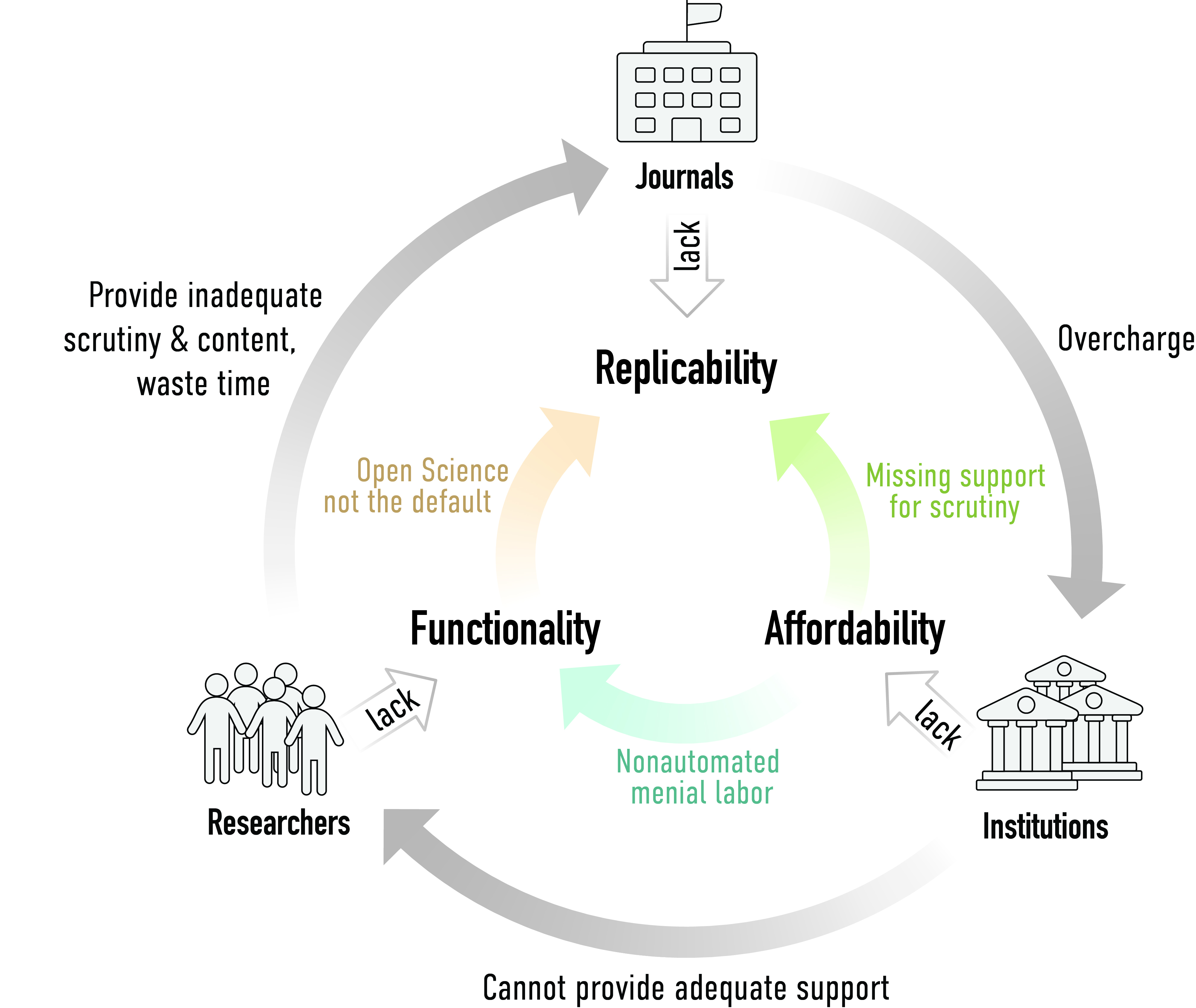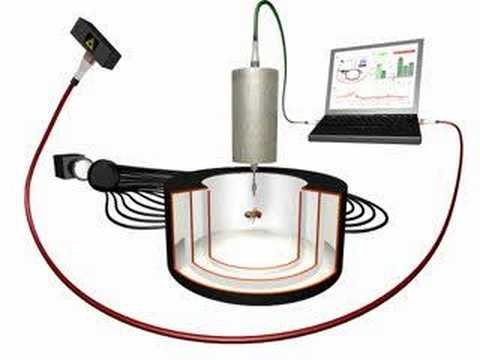At seemingly every possibility in a discussion on peer-review, people apparently feel the need to emphasize that in the current model reviewers (or most academic editors handling peer-review) are not being paid.
Inasmuch as the reviewer is employed at some academic institution or another (as I’d assume the vast majority of reviewers are, with only few exceptions, on the whole), participating in scholarly communication is part of the job description. This means reviewers are, in fact, being paid: it’s our job to review.
Conversely, if we got paid for every review we did, it would have at least two, not very attractive consequences (likely more):
- Academics with decent salaries will stop reviewing, as it obviously isn’t part of the job any more, while those with less decent salaries will review at the expense of other, less lucrative academic tasks.
- Tax advisors will make a fortune by collating a myriad of bills/receipts for the academics who peer-review too much to do their own taxes.
None of this looks like a desirable future to me, so can we please stop pretending peer-reviewers are donating their time to a higher cause? If scholarly communication were a higher cause, is doing experiments or teaching a lesser cause and if so why?
The vast majority of reviewers are being paid for their work – just not by publishers, but that is an entirely different question. From some weird perspective, peer-review looks like free labor for publishers. However, it is not free labor it is subsidized labor, subsidized by the public whose taxes pay our salaries as well as the subscriptions keeping the publishers afloat. Subsidizing private companies is a separate discussion. What could be the value in singling out this particular subsidy by calling it ‘free’ and leave the others unmentioned? If anything, peer-review is one of several public subsidies that publishers receive. Saying that reviewers aren’t paid obscures this fact, so stop it already.
UPDATE: Thinking about this some more, an amusing argument would be to not pay the already paid reviewers some more, but instead tax publishers for the value they receive. First of all, each manuscript is a tremendous value. I suggest one dollar/euro for each word in taxation. Moreover, tax the publisher for each reviewer one credit per word they have to read, including the invitation and instruction letters. For each word of review the editor has to read, also tax the publisher one unit of money, plus a fixed rate per manuscript. The extra tax income then goes towards institutions giving their adjuncts proper jobs, increasing the number of authors, reviewers and editors. Imagine the hilarious incentives it creates on all sides and the circularity of it all! 🙂














This is so true! Publishers are preparing for the second peer review week to be celebrated in September. This year’s theme is “recognition”. Let’s get ready for some more patting on the back for all our excellent free service to science and society…
I’m not a professor, so forgive my ignorance, but when you say that it’s part of your academic duty, are there actually incentives built in (in the form of positive or negative consequences?). Is the number of peer reviews you do a field on a tenure application, or on grants applications or something?
I always thought it was an implicit duty, and has the benefit of ingratiating you with the editors of journals you hope to publish in, but are there other places where it comes up?
Excellent question, thank you!
Indeed, essentially every ‘service’ section in an academic CV contains not only the journals the individual has reviewed for, but also the different funding agencies. Peer-review is very much part of a day to day job. I don’t think we’d hire anybody without a strong track record in it.
Good to know! *heads off to modify service section of academic CV*